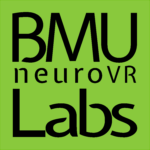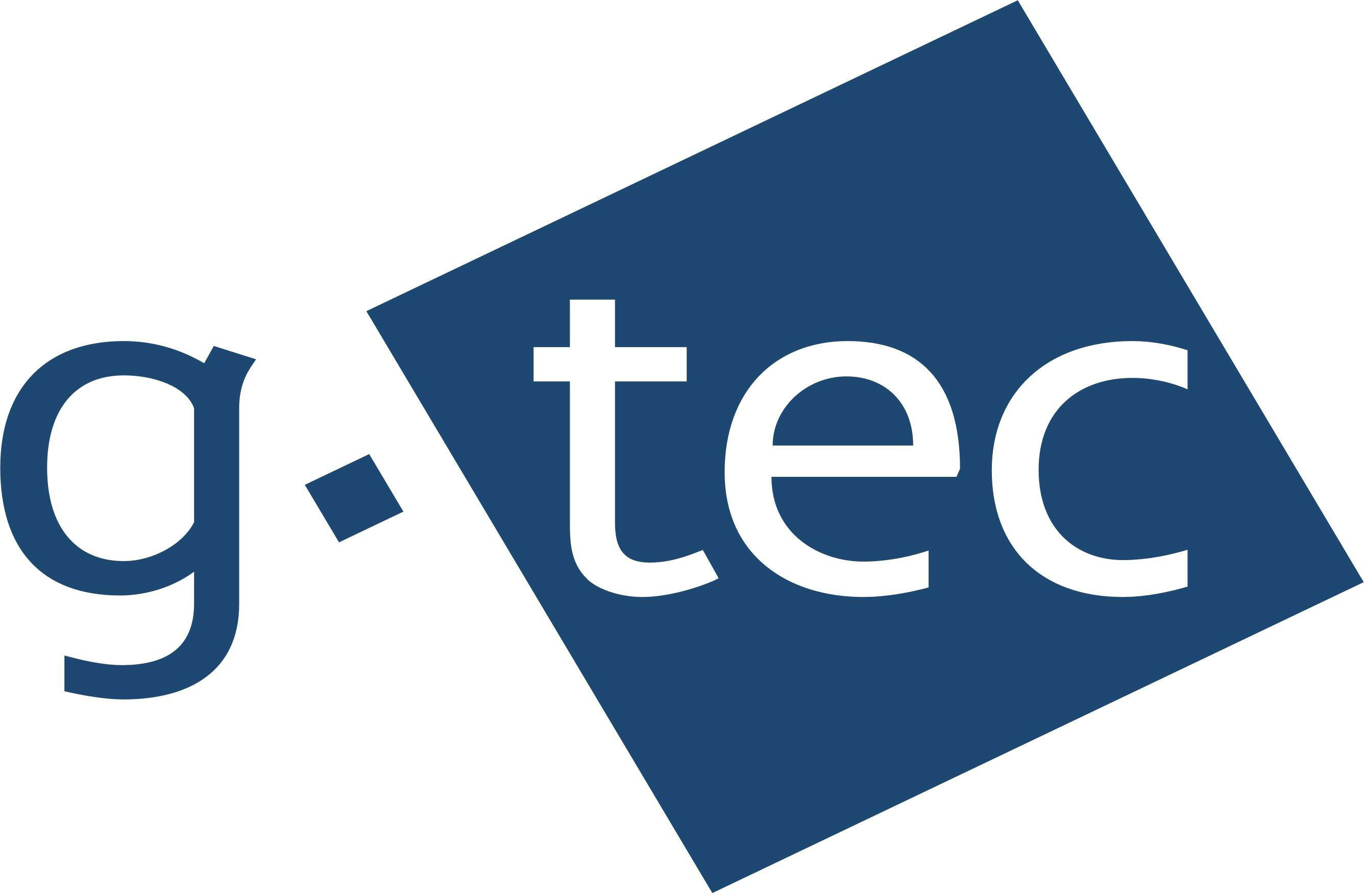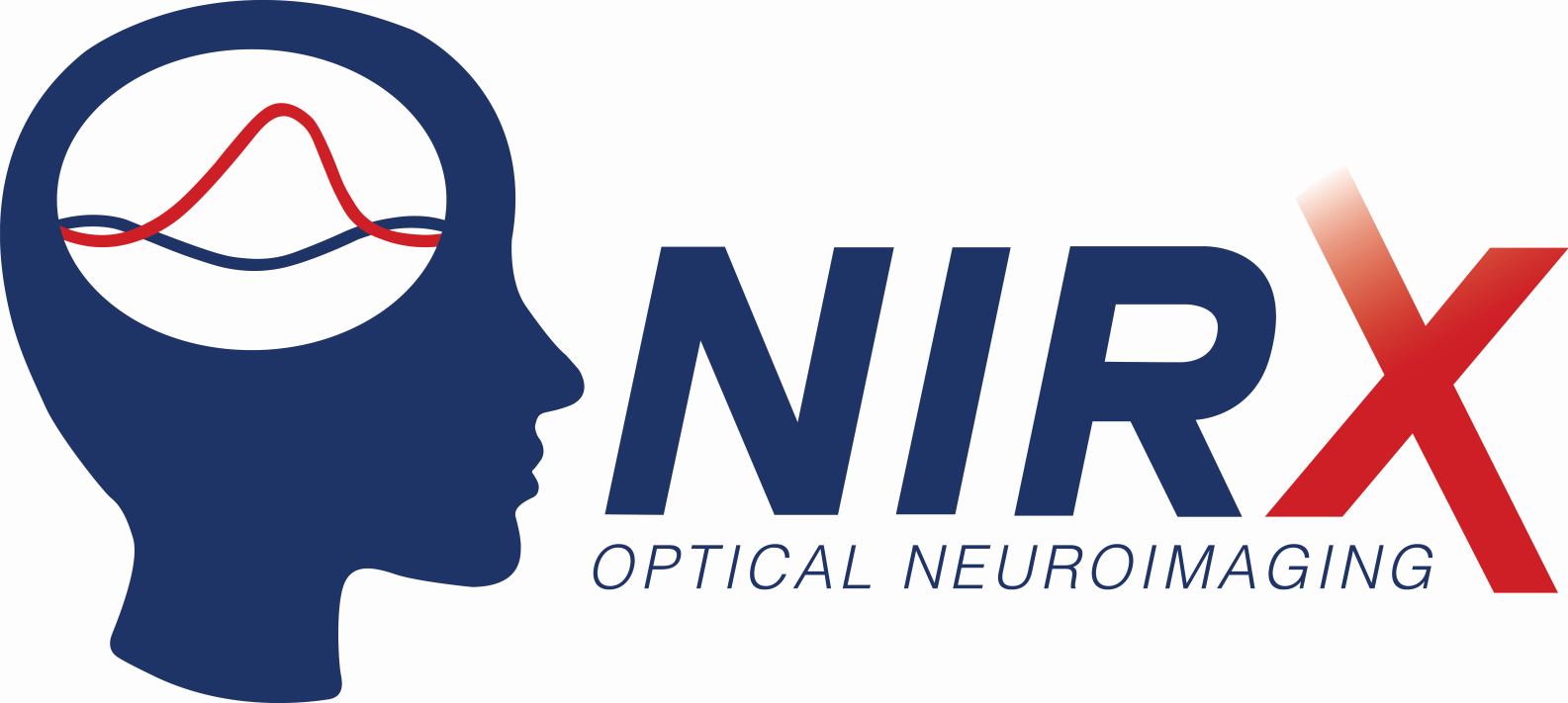News
BMI'19 Program and Booklet available ! (update: September 26, 2019)
Hands-on demo session and Cocktail Reception !
You can now follow us on Twitter !
The IEEE SMC 9th Workshop on Brain-Machine Interface (BMI) Systems will be held on October 6-9, 2019 in Bari, Italy as part of SMC 2019, the flagship annual conference of the IEEE Systems, Man, and Cybernetics Society. The goal of the Workshop is to provide a forum for researchers to present research results, facilitate the interaction and intellectual exchange between researchers, developers and consumers of BMI technology. We invite contributions reporting the latest advances, innovations and applications in the field of BMI.
The BMI workshop is organized by the IEEE SMC Technical Committee on Brain-Machine Interfaces Systems. Participation is free to all registered SMC 2019 attendees. The theme of this year’s workshop is:
From Assistive Technologies to Affective Computing: What’s Next for Neurotechnologies?
BMIs were originally conceptualized as an assistive technology allowing locked-in individuals to communicate via
P300 spellers. Over the years, innovative applications have emerged, including the control of exoskeletons to
improve locomotion or spinal cord stimulation neurotechnologies that enable voluntary control of walking in individuals
with spinal cord injury. Alternate paradigms (SSVEPs, ErrP) have also been perfected to improve communications for
non-verbal individuals and new applications in affective computing and human factors have emerged. What will the
future bring? BMIs are being integrated into virtual reality headsets, headphones, and eyeglasses; being used to
diagnose disease; speed up rehabilitation; and for human performance enhancement. With advances in sensors and
machine intelligence, what is next for BMIs?
The goal of the Workshop is to provide a forum for researchers to present research results, facilitate the interaction
and intellectual exchange between researchers, developers, and consumers of BMI and other neurotechnologies. We invite
contributions reporting the latest advances, innovations, and applications in these fields, including the integration of
BMIs with virtual/augmented reality, affective BMIs, hybrid BMIs, deep learning for BMIs, neurorehabilitation, new
neuroimaging modalities and sensor technologies, serious gaming, as well as emerging neurotechnology applications.
These topics offer tremendous opportunity for collaborative and multi-disciplinary research, involving not only peers
with expertise in the field of BMI and other neurotechnologies, but also those with expertise in systems engineering,
human-machine systems, cybernetics, neuroscience, robotics, artificial intelligence, amongst other disciplines. The
four-day Workshop will feature a series of tutorials, panels, a brain-computer interface hackathon, industry-led events
for students, a hands-on demonstration session, prominent invited industry/academia speakers, and presented contributed
papers.
This is the fourth year the IEEE SMC BMI Workshop will host a Brain-Computer Interface Hackathon with several cash and
hardware prizes. The BCI Hackathon is a brainstorming and collaborative marathon designed to rapidly produce fully
functional BCI prototypes. The Hackathon will take place on October 6-7 and provides an environment for innovation and
entrepreneurship. Participation is free for all SMC 2019 participants. Learn more about the IEEE SMC2019 BCI Hackathon
projects and teams, how to form/join one, and how to register at br41n.io/Bari-2019.
Important Dates
| February 20, 2019 | Special Sessions proposal due |
| March 15, 2019 | Approval of Special Session proposals |
| April 28, 2019 | Full-length (4-6 page, +2 at an extra fee) Paper submission due |
| May 31, 2019 | Late Breaking Research Abstract (1-2 pages) submission due |
| June 7, 2019 | Notification of paper acceptance |
| July 7, 2019 | Final manuscript due |
Keynote speakers
- Maria Chiara Carrozza (Professor, Biorobotics Institute, Scuola Superiore Sant’Anna, Italy): Human-Robot Integration for Rehabilitation and Personal Assistance (Monday, October 7, 2:00 pm – 3:00 pm, Roof Room)
- Febo Cincotti (Professor at the Sapienza University of Rome, Italy): Design and use of brain computer interfaces in neurorehabilitation (Tuesday, October 8, 10:30 am – 11:30 am, Roof Room)
- Amy Kruse (CSO, Platypus Institute, USA): Human 2.0: Neurotechnology-enabled performance enhancement (Wednesday, October 9, 10:30 am – 11:30 am, Roof Room)
Invited speakers
- Christoph Guger (CEO, g.tec, Austria): (1) Current and future BCI applications, (2) Running real-time BCIs
- Martin Walchshofer (Developer, g.tec GmbH, Austria): Unicorn brain interface demonstration
- Rossella Spataro (Neurologist at Università degli Studi di Palermo, Italy): BCIs for Assessment of Patients
- José M. Azorin (Director of BMILab and Professor at Universidad Miguel Hernández de Elche, Spain): BCIs for interacting with robots
Approved Special Sessions
Special Events
Late Breaking Research Abstracts
Late-breaking Research abstracts (1-2 pages) have being solicited reporting the latest advances, innovations and applications in the field of BMI and neurotechnologies, both from academia and from industry. Late-breaking research reports will be presented as posters to allow for more in-depth discussions and to foster networking and collaborations. The following 13 abstracts will be presented:- MEG-based brain-geminoid interface using bilateral motor imagery characteristics
- Towards understanding the neural mechanisms of haptic communication
- An investigation of computer-based brain training on the cognitive and EEG performance of employees
- Adaptive modulation filtering for motor imagery classification enhancement
- A business proof-of-concept of a brain-computer interface for cognitive enhancement
- What is minimal EEG? User centered and reliable EEG headsets for real-world applications
- On modern neurofeedback solutions based on BCIs in uncontrolled real-world settings
- DEEPER: Online portal to improve reproducibility and accelerate deep learning research for EEG analysis
- Large-scale analysis of canonical cortical network dynamics across five visual target detection tasks
- Exploring predictive models of Alzheimer's disease severity based on resting state EEG and MRI features
- Multimodal database for mental workload, stress, and fatigue assessment of ambulant first responders
- Fusion of motif and EEG spectral features for improved automated emotion recognition
- Decoding intended saccade targets from lateral prefrontal cortex neuronal spiking rates using DNNs
IEEE Brain Student Travel Grant and Best Paper Award
This year, IEEE Brain will be sponsoring five Student Travel Grants, valued at $500 each, and a Best BMI Paper Award, which comes with a $500 monetary prize as well. Deadline was Sept. 6th, 2019 at midnight (EST). The six finalists for the Best Paper Award are:- Inferring the temporal structure of directed functional connectivity in neural systems: some extensions to Granger causality (Paper 439)
- Classification of healthy, Alzheimer’s disease, and Parkinson’s disease individuals using single resting state EEG markers (Paper 604)
- Salience vs. affect in implicit cursor control: first indications of separate cortical processes (Paper 621)
- Augmented reality interface for smart home control using SSVEP-BCI and eye gaze (Paper 766)
- A pBCI to predict attentional error before it happens in real flight conditions (Paper 979)
- Optimizing input layers improves CNN generalization and transfer learning for imagined speech decoding from EEG (Paper 1082)
Program Commitee
Honorary Chair- Michael H. Smith, University of California Berkeley, USA
- Tiago H. Falk, INRS-EMT, Canada
- Christoph Guger, G.Tec, Austria
- Ljiljana Trajkovic, Simon Fraser University, Canada
- Ricardo Chavarriaga, EPFL, Switzerland
- Daniela de Venuto, Politecnico di Bari, Italy
- Yingxu Wang, University of Calgary, Canada
- Iñaki Iturrate, EPFL, Switzerland
- Christian Kothe, Intheon, USA
- Tim Mullen, Intheon, USA
- Tadahiko Murata, Kansai University, Japan
- Ferdinand Ephrem, Saintrino Tech, Canada
- Javier Minguez, BitBrain, Spain
- Ervin Sejdic, University of Pittsburgh, USA
- Sarah Breinbauer, br41n.io, Austria
- Liviu lvanescu, INRS-EMT, Canada
Brain Hackathon Commitee
Chair- Christoph Guger, G.Tec, Austria
- José M. Azorín, Universidad Miguel Hernández de Elche, Spain
- Tiago H. Falk, INRS-EMT, Canada
- Tim Mullen, Intheon, USA
- Rossella Spataro, University of Palermo, Italy
- Salvatore Tramonte, Alascom, Italy
- Daniela de Venuto, Politecnico di Bari, Italy
Supporters









